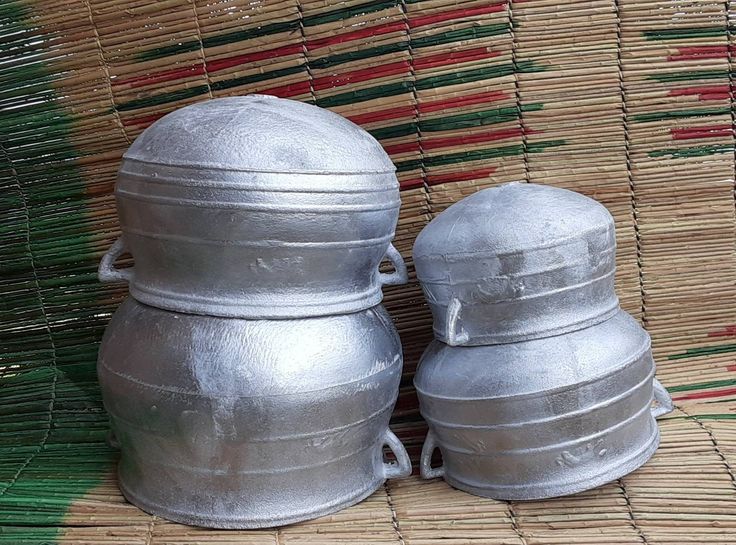FDA urges ban on ‘Dadesen’ pots over lead risks


The Eastern Regional Manager of the Food and Drugs Authority (FDA Anita Owusu-Kuffour, has called for an immediate ban on the locally made cooking pots popularly known as “Dadesen.”
She cited dangerous levels of lead detected in its production, warning that the contamination posed serious health risks to consumers.
She made the call during a stakeholder engagement on heavy metal contamination in cereal-legume mixes held in Somanya, in the Yilo Krobo Municipality of the Eastern Region.
Mrs. Owusu-Kuffour explained that FDA surveillance had revealed that lead, a toxic heavy metal, is often added during the manufacturing process of “Dadesen” pots to soften the metal and ease moulding.
However, this practice exposed users to severe health risks, including cancer, kidney failure, and Parkinson’s disease.
“When they are making the pots, the metal becomes hard, so they add lead to soften it. The sad part is that most of the local manufacturers have no idea about the health implications,” she said. “We are therefore advising the public to stop using ‘Dadesen’ that contains lead.”
When asked how consumers could identify pots made with lead, she noted that the best solution is for artisans to stop using lead entirely and adopt safer alternatives, such as stainless steel for cookware production.
She also cautioned against careless use of nonstick cookware, warning that once the protective coating begins to wear off, it can release toxic chemicals and heavy metals into food.
“If the coating wears off, you are exposing yourself to serious health implications, including cancer, because some of these coatings also contain heavy metals,” she explained.
Ms. Owusu-Kuffour further warned that some materials used in manufacturing kitchen utensils are questionable and can become harmful when scratched or corroded.
In such cases, chemicals may leach into food and enter the bloodstream, leading to chronic illnesses.
“A good-quality stainless steel product can serve both purposes: safety and durability,” she said.
The Manager emphasised that ensuring food safety required a collective effort among producers, regulators, and consumers.
“As science and technology improve, it is important for all of us to adapt and move away from harmful practices to protect public health,” she said.
DISCLAIMER: The Views, Comments, Opinions, Contributions and Statements made by Readers and Contributors on this platform do not necessarily represent the views or policy of Multimedia Group Limited.
DISCLAIMER: The Views, Comments, Opinions, Contributions and Statements made by Readers and Contributors on this platform do not necessarily represent the views or policy of Multimedia Group Limited.
Source link




